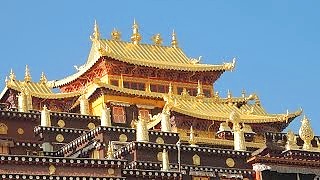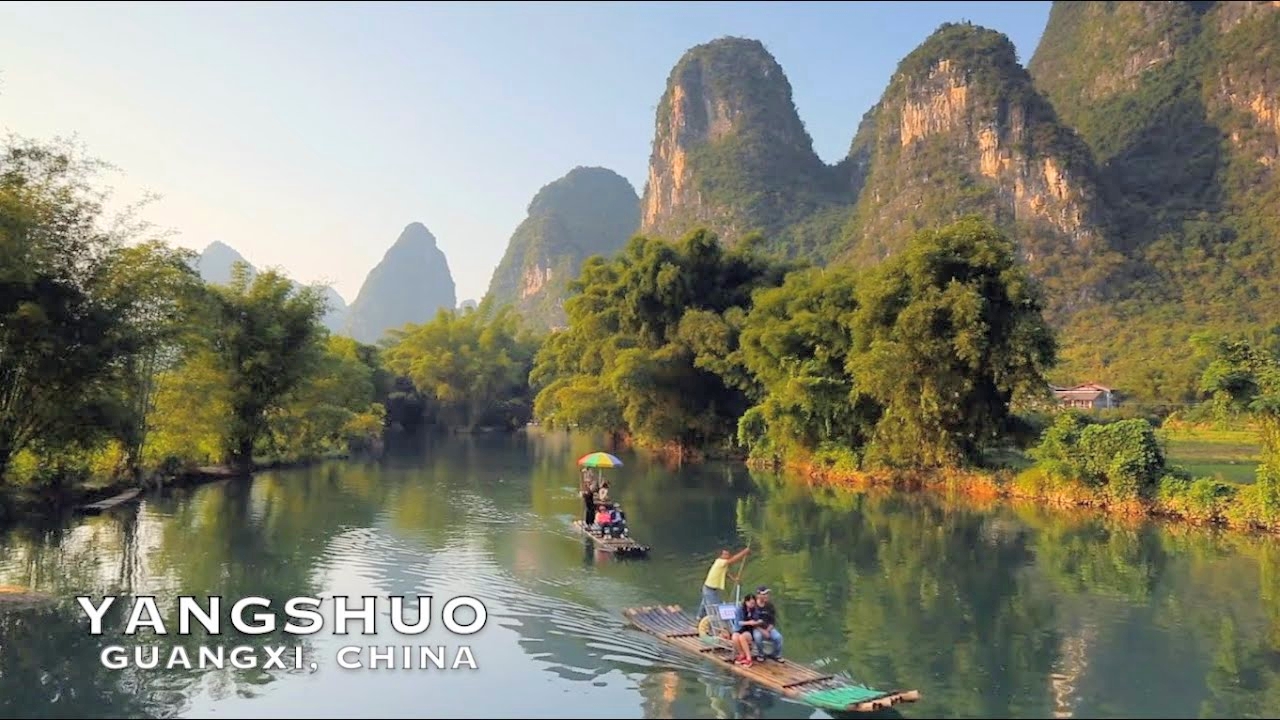Featuring DaLian, ShenZhen, ChongQing, BeiJing, TianJin, QingDao, GuangZhou, ShangHai, HangZhou, Xi'An and ChengDu.
With Vivid Destinations ...
[640],shadow=true,start=,stop=With Reporterfy Media ...
Live more ...
 Night time city-scapes from around China 中国
Night time city-scapes from around China 中国Featuring DaLian, ShenZhen, ChongQing, BeiJing, TianJin, QingDao, GuangZhou, ShangHai, HangZhou, Xi'An and ChengDu.
With Vivid Destinations ...
[640],shadow=true,start=,stop=With Reporterfy Media ...

|
With Cyrus Janssen ...
|

|
YunNan province lies in south west China.
A two hour special filmed by Alain Claude Pasche ...
|

|
Provincial capital of SiChuan.
Bonus film - a day in the life of a China vlogger ...
|

|
With Lemino ...
|

|
With Rafa Goes Around! ...
Self driving cars / taxis ...
Bonus film - after dark, party time in China ...
Bonus film 2 - BeiJing's new DaXing mega airport - with Walk East ...
|

|
With JacobysJourneys ...
Bonus film with BeijingBuzzz ...
|